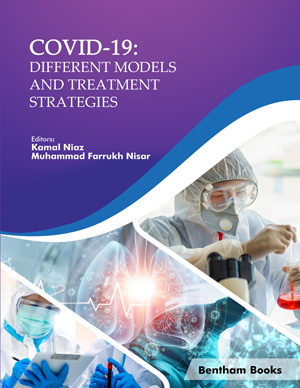Abstract
Background: Several algorithms have been developed to predict cardiovascular risk (CVR) over time, however, none of them seem to be accurate when applied to HIV patients.
Objective: The aim of this study was to assess plasma inflammatory biomarkers in relation to multiple CVR scores (FRS, ASCVD, PROCAM and the DAD-5 Years-Estimated-Risk) in an Italian cohort of HIV patients undergoing a combined Antiretroviral Therapy (cART).
Methods: We enrolled HIV patients undergoing cART without any change in the HIV-related pharmacological therapy over the last 48 weeks. Demographic and anamnestic data were collected, and a biochemical panel including the following biomarkers was collected: CRP, Cystatin-C, microalbuminuria, IL-18, IL-2, IL-4, IL-6, IL-10, TNF-α, and IFN- γ. CVR scores were obtained for each patient and compared to the biochemical panel to assess statistical correlation.
Results: 90 Caucasian HIV patients were enrolled. Assessment of CVR scores showed FRS values of 6.98 ± 6.11%, ASCVD 7.18 ± 6.25%, PROCAM 6.7 ± 7.4%, and DAD-5 Years Estimated Risk 3.10 ± 3.41%. We found correlations between the levels of circulating cytokines measured and the cardiovascular risk prediction scores.
Conclusion: Our data showed that the values of selected inflammatory biomarkers strongly correlate with the CVR scores, suggesting that they can be employed as reliable predictors of cardiovascular disease in HIV patients. The routine use of selected biomarkers associated with systemic inflammation could be a valid and readily available tool for clinicians to assess and monitor cardiovascular risk in HIV patients.
Graphical Abstract























